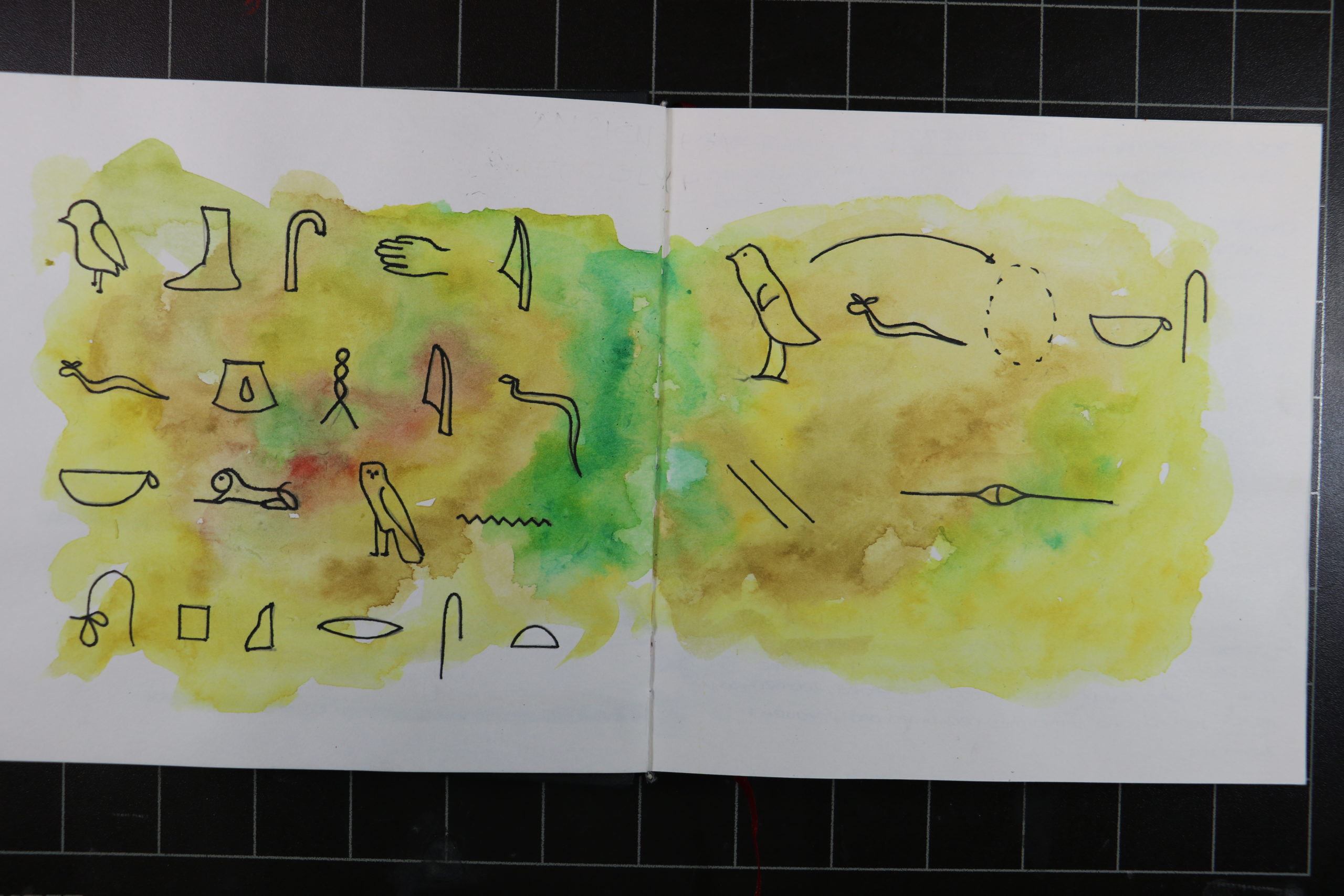The research in particular went well. I took a free tour with a couple of other people visiting the museum and went to the shop to ask a few questions.
- What’s the product that sells the most
- What’s the one that sells the least
- What does the shop need?
The answer I got:
Small objects sell. There is two kind of people that visit the shop: older people and they usually buy really expensive jewellery and school groups (teenagers) that buy smaller things. Top products: Instruments (flute or anything that makes noise)
During the small during I was also able to gather some information:
Pitt rivers is an industrial style of architecture. Pitt Rivers changed his name in order to get inheritance which enabled him to gather the collection. The museum is used by Oxford university for anthropology lessons.
After the introduction we went through North east Japan masks. Not theater type masks. I found out that there were 5 types of characters and masks: Men, women (jealous women look like demons), gods, elderly and demons.
Following Japan we were taken to the last floor. There we could clearly see the largest piece in the museum. It’s a 11,3 meters totem from Canada made from a tree in the end of the 19th century. It was used in a particular event – a celebration, adoption of a baby girl. The guide then told a small story of why there are no frogs in Hihida, Gwaii. Because the only time a frog went there he was bitten by a bear but that bear didn’t eat him because he tasted terribly. The frog then came back and told his « mates » not to go there.
We went down the stairs and looked through the Samurai Warrior costumes. Samurai were a group of people, 10% of the population in Japan. They became bureaucrats. The armatures were only used for ceremonies but one of the problems was that the armature would jeopardize their mobility. They used to use flags on their back to distinguish which side they were on and there was always one man carrying a box with a spare pair of shoes to the battle.
At last, we were shown one gun designed by Pitt Rivers himself that was used in 1860 in the american civil war.Pitt Rivers joined the committee in 1851.


